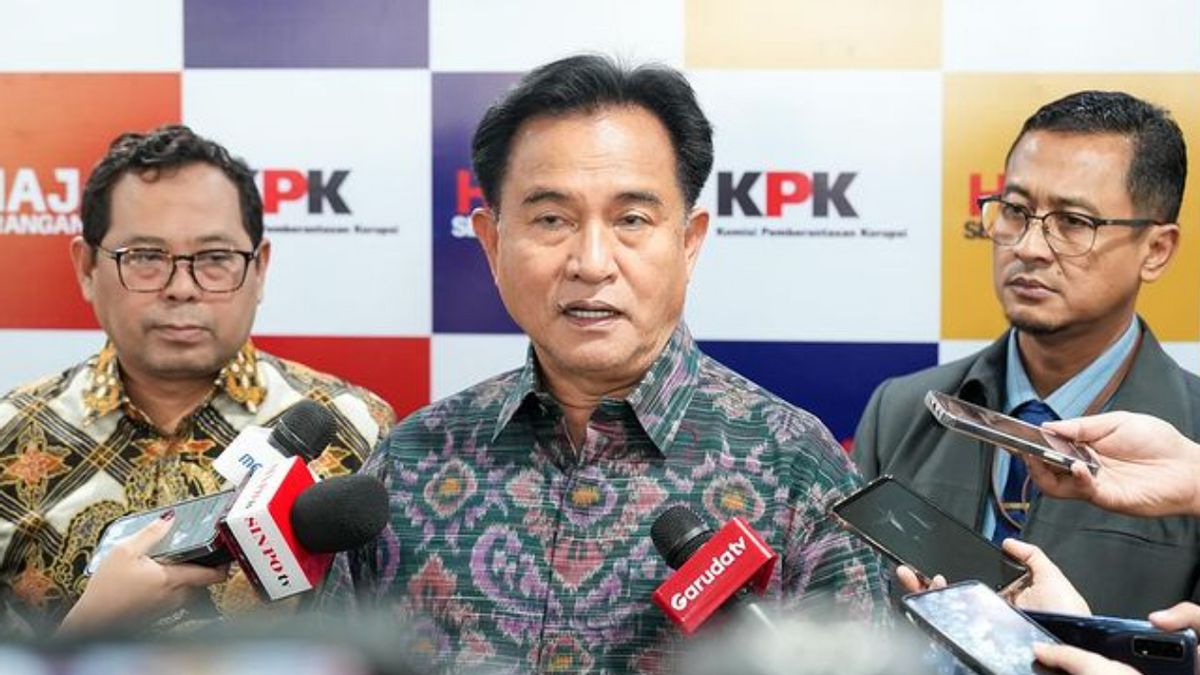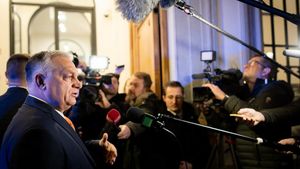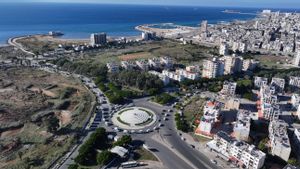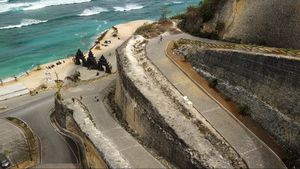Coordinating Minister for Law, Human Rights, Immigration and Corrections (Menko Humham Imipas) Yusril Ihza Mahendra said President Prabowo Subianto's statement to forgive corruptors as long as he returned state money in the form of a strategy to eradicate corruption.
He even said this was in accordance with the United Nation Convention Against Corruption (UNCAC) which was ratified into Law Number 7 of 2006. According to Yusril, Prabowo was right to convey it because one of the corruption eradication strategies that could be carried out was to return state losses.
"Actually, a year since the ratification, we are obliged to adapt our Anti-Corruption Law to the convention," said Yusril in a written statement, Thursday, December 19.
"However, we are late in carrying out this obligation and now we want to do it. The emphasis on efforts to eradicate corruption according to convention regulations is prevention, eradicating corruption effectively and recovering state losses or asset recovery," he continued.
Yusril said that Prabowo's statement was an illustration of changes in the philosophy of punishment based on the National Criminal Code in early 2026. The imposition of a crime will not emphasize revenge or a deterrent effect but corrective, restorative and rehabilitative justice.
"If only the perpetrators are imprisoned, but the assets resulting from corruption will still be controlled or stored abroad without being returned to the state, then law enforcement like that will not have many benefits for economic development and improving people's welfare. If they return the money from corruption, the perpetrators are forgiven, the money goes to the state budget to prosper the people," said Yusril.
"So law enforcement in dealing with corruption must be linked to economic development and improving people's welfare, not only to imprison the perpetrators," he explained.
SEE ALSO:
According to Yusril, Prabowo has the authority to grant amnesty and abolition to any criminal act, including a criminal act of corruption. However, forgiveness is also not done simply because it must be approved by the DPR RI.
In fact, the Coordinating Ministry for Human Rights and Human Rights, Imipas, since a month ago, has coordinated plans to grant amnesty and abolition, including corruption cases.
"These things are being coordinated, among others, related to the calculation of how much state loss returns are suspected or have been proven to be corrupted, including technical arrangements for implementation in granting the amnesty. This requires serious coordination," said Yusril.
As previously reported, President Prabowo Subianto asked corruptors to return the money that had been stolen from the state. This step, he said, could allow them to be forgiven.
Prabowo made this statement when he met Indonesian students at Al-Azhar University, Cairo, Egypt, Wednesday, December 18.
"I've been in these weeks, these months, I'm trying to give myself the opportunity, give me a chance to repent. Hey corruptors, or those who have felt like stealing from the people, if you return those you stole, maybe we will forgive, but return them," Prabowo said as broadcast on the Presidential Secretariat's YouTube, Thursday.
"Later we will give it a chance. How to return it secretly so it doesn't get caught. Return it, but return it," he continued.
The English, Chinese, Japanese, Arabic, and French versions are automatically generated by the AI. So there may still be inaccuracies in translating, please always see Indonesian as our main language. (system supported by DigitalSiber.id)



















